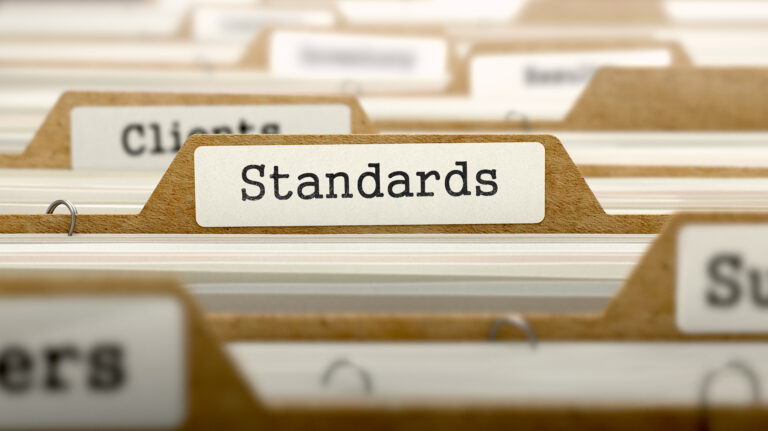Course Description
This 1-day Lean Design of Experiments (DOE) course introduces participants to a streamlined, practical approach for planning and executing experiments that identify key process factors and optimize performance. By integrating Lean principles with DOE methodology, participants will learn to design experiments efficiently, minimizing waste while maximizing learning.
Through interactive exercises, real-world case studies, and step-by-step instruction, participants will gain the skills to select critical factors, design effective trials, and analyze results to make data-driven improvements. The course emphasizes the financial benefits of Lean DOE, including faster problem resolution, reduced trial-and-error costs, improved process yields, and measurable ROI from more efficient experimentation.
Course Objectives
Understand Lean DOE Principles:
– Define Design of Experiments and its role in process optimization.
– Recognize how Lean principles reduce waste in experimentation.
Plan Efficient Experiments:
– Identify key process factors and interactions.
– Select the most efficient experimental design to achieve objectives.
Execute and Analyze Experiments:
– Collect accurate data and perform basic statistical analysis.
– Interpret results to determine optimal process settings.
Link Lean DOE to Financial Performance:
– Quantify savings from reduced experimentation time and material usage.
– Demonstrate ROI from improved process performance and yields.
Apply DOE for Continuous Improvement:
– Use DOE findings to support Lean Six Sigma projects.
– Embed experimental thinking into problem-solving culture.
TRAINING FORMAT
– Day 1: Introduction to Lean DOE concepts, planning and designing efficient experiments, conducting trials, analyzing results, and calculating the financial impact of findings.




